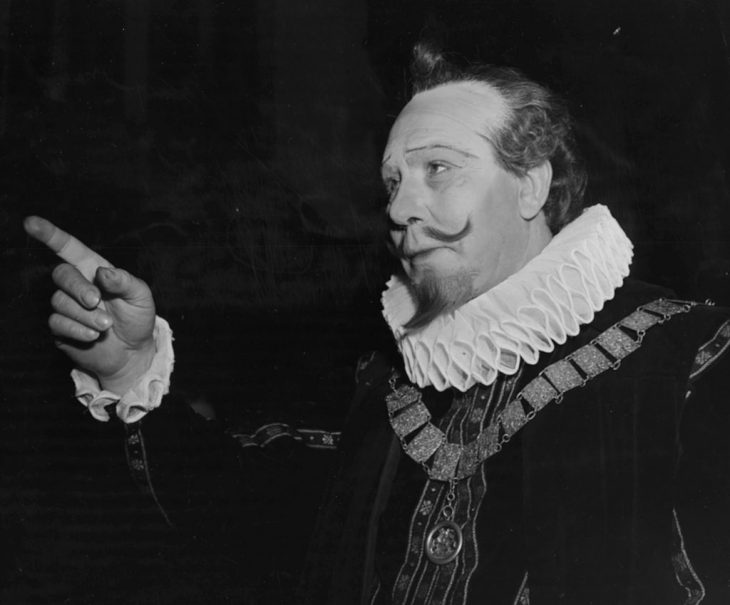Twelfth Night launched at the National Theatre this week, with Malvolio turned into Malvolia. ‘We’ve definitely upped the gender-bendedness of the play,’ says Phoebe Fox, who is acting Olivia. Otiose, one might think, since the original is gender-bent to perfection. But Shakespeare did not have to wrestle with the strict controls now demanded in the subsidised theatre. In the same feature in which Phoebe Fox speaks, Ben Power, the deputy director of the National, tells the Sunday Times, ‘There are agendas we are aware of now, and we have targets in terms of gender and ethnicity, because we want to be as diverse as possible, speaking to our audiences, reflecting the nation to them.’ Mr Power seems to be saying that more women and more non-white people must be crammed into the National’s productions, regardless of what sex or colour was allotted to a character by the silly old playwright. Being ‘diverse’ means that everything must be the same. Tamsin Greig, who acts Malvolia, explains that staging a classic play is like working out what you should say at a dinner party: ‘Is it of value for these words to be spoken now, at this time of the evening, with these people listening?’ She is right that the moment and the audience matter. But the National’s approach neglects the fact that the play itself has a content not defined by the audience, or the actors, or the present. Much of a classic play’s impact lies in the way it is different from the way we live now. Thus it expands our minds: ‘In the prison of his days/ Teach the free man how to praise,’ W.H. Auden exhorted poets. No doubt Auden’s lines are now blacklisted, for gender reasons.
This is an extract from Charles Moore’s Notes, which appears in this week’s Spectator







Comments